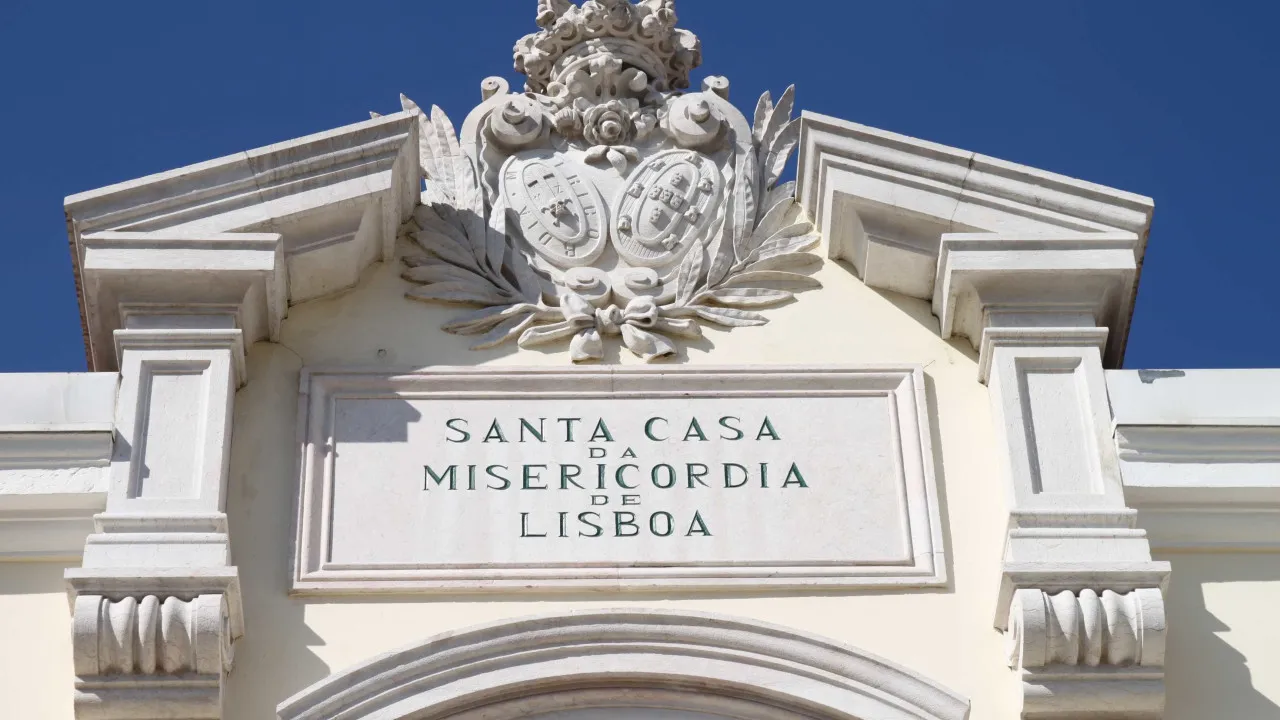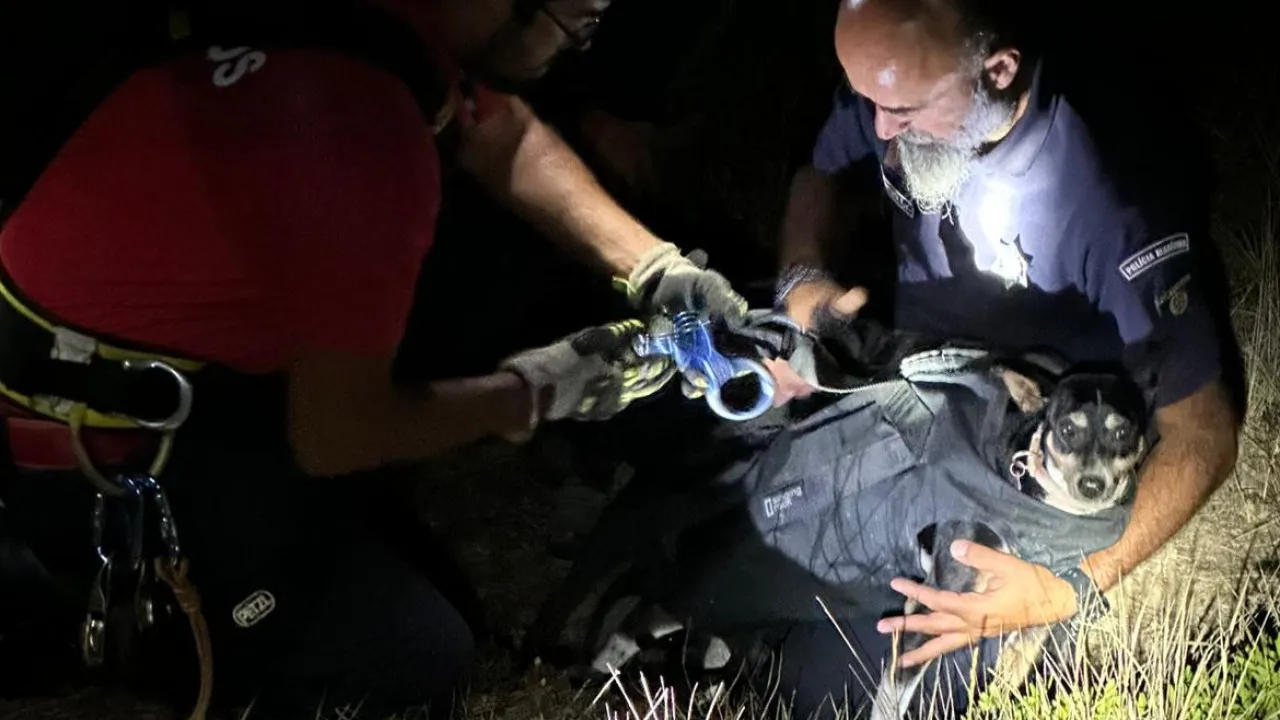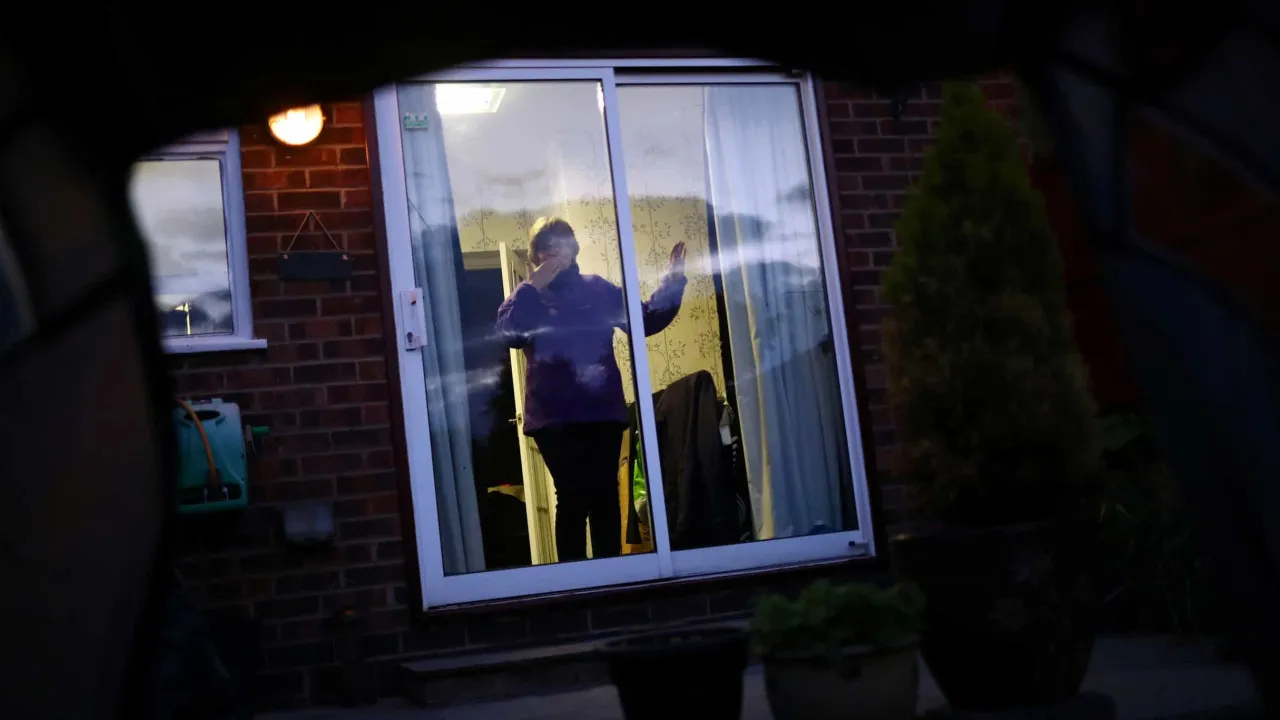
Felisberta, 77, began her caregiving journey in 2021 when her husband, then 82, suffered a stroke.
“In that same year, he had sepsis and meningitis and ended up in a wheelchair. He recovered slightly, but today he is wheelchair-bound and cannot walk. The only thing he does independently is eat,” she shared.
For morning routines, such as getting her husband out of bed, washing, and dressing him, Felisberta receives assistance, but the rest of the day and night, she is the sole caregiver.
She recalls learning various caregiving tasks, including bladder emptying, after her husband was catheterized for about a year.
Initially, she received help from the nursing team, but “the rest comes with practice,” as she works daily to do things “the best way possible.”
Physically, the most challenging task is moving her husband from the bed to the wheelchair or vice versa. Psychologically, the hardest part is dealing with her husband’s unwillingness to admit he needs help.
An invitation from a social worker led Felisberta to the Santa Casa da Misericórdia de Lisboa (SCML), prompting her to attend caregiver meetings.
She has attended every Tuesday, drawn by the atmosphere and the learning experiences shared by fellow caregivers, as everyone deals with “completely different situations” in their own ways.
“It’s very good because this little break helps clear the mind, putting us in a different environment,” she emphasizes, adding, “it’s comforting to feel not alone in this situation.”
Additionally, Felisberta Veiga benefited from a two-month caregiver respite, during which her husband stayed in a Residential Structure for the Elderly, part of the Misericórdia de Lisboa.
“It was a way to take a break from the routine demands that can sometimes be overwhelming,” she explained.
The Director of Proximity Development and Social Action Intervention at SCML highlighted the institution’s commitment to informal caregivers, stressing that caregivers “ensure the well-being of those they care for but must also look after their own well-being.”
Etelvina Ferreira noted that, following a 2008 study on informal caregivers, SCML initiated a program in 2014 to offer caregivers a respite period.
This initiative, a vacation retreat lasting from three to five days, guarantees health care for the cared-for individual.
According to Ferreira, participation in the vacation program is sometimes lower than expected, possibly due to caregivers feeling guilty about taking a break.
However, she assured that participants enjoy the experience, which includes daily activities such as cinema trips, museum visits, outings, beauty care, and informational sessions.
Besides these programs, Ferreira stated that SCML offers other services for caregivers, including a resource center providing training on topics like domestic accident prevention, basic feeding principles, and informal caregiver rights.
Additional services include an advisory service, a self-help group, and public events inviting informal caregivers.
Ferreira mentioned that any informal caregiver in the Lisbon Metropolitan Area could access these services, with SCML supporting about 600 caregivers, half of whom are registered.
She also noted that there is no waiting list, as the institution manages caregivers’ respite needs throughout the year, although there are naturally more requests during the summer months.




